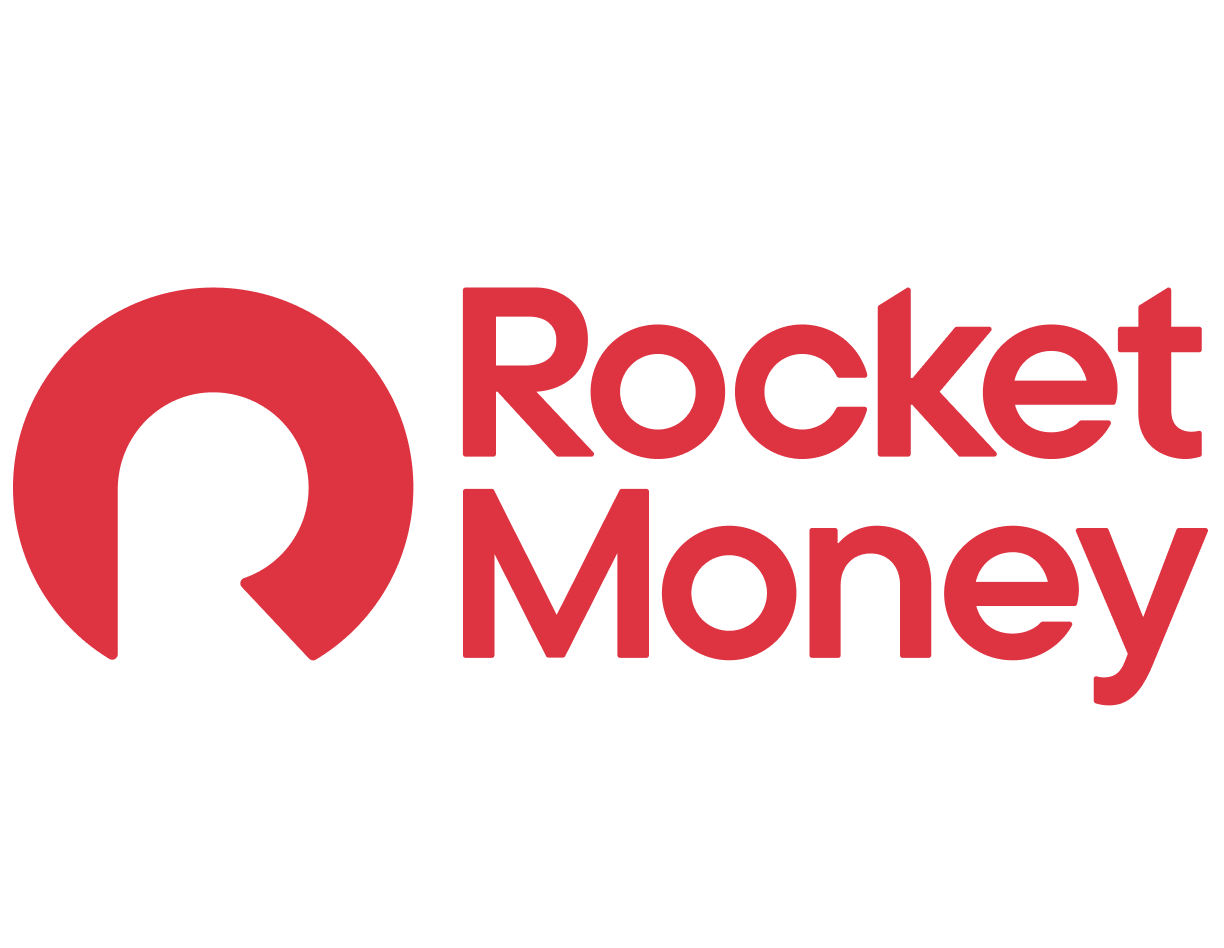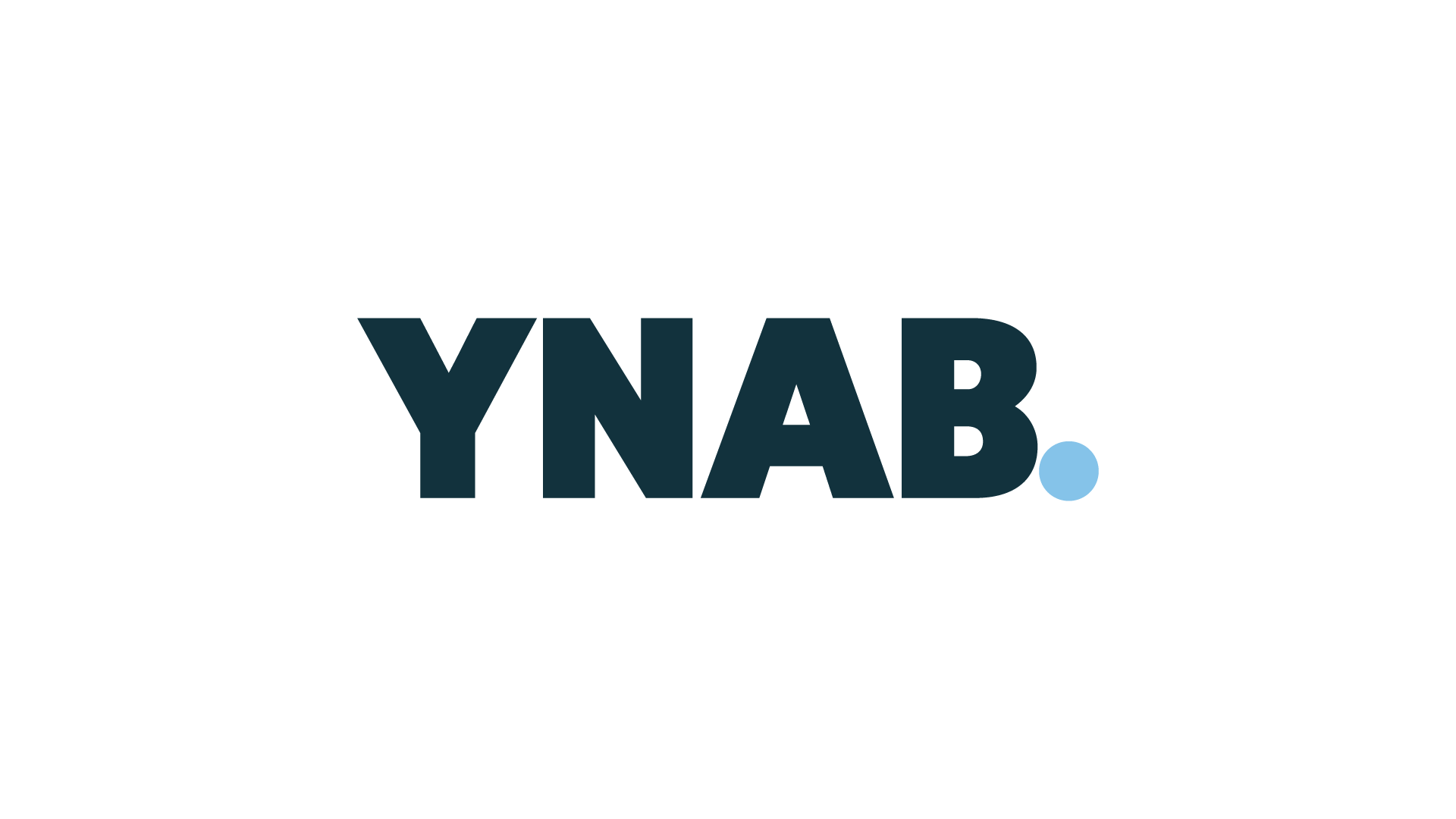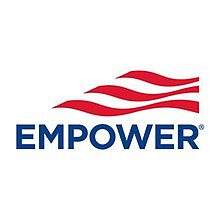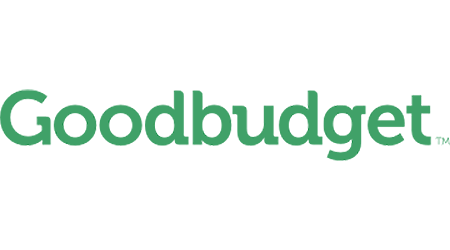If you constantly find yourself wondering where your money is going, a budgeting app may be just what you need. Whether you're looking for a budget app for iPhone or Android, there are more great options than ever.
We've analyzed all the most popular choices and narrowed them down to this group of the best budgeting apps for 2025.
Best budgeting apps:
- Monarch Money: Best budgeting app for couples and families
- Rocket Money: Best budgeting app for bill negotiation
- You Need a Budget: Best budgeting app overall
- Empower: Best budgeting app for investors
- Goodbudget: Best budgeting app for simplicity
- PocketGuard: Best budgeting app for over-spenders
Monarch Money

Bottom line: Monarch Money offers the ability for users to sync all their financial data in one place, making it easy for multiple people in a household to access financial information.
- iOS app rating: 4.9/5 stars
- Android app rating: 4.7/5 stars
- Cost: Free for seven days, then $14.99 per month or $99.99 per year
Rocket Money

Bottom line: Rocket Money consolidates financial accounts, budgeting, and credit tracking in one place. But to gain access to its rich feature set, including bill negotiation, be prepared to subscribe to the Premium version, as the free version offers limited functionality.
- iOS app rating: 4.3/5 stars
- Android app rating: 4.4/5 stars
- Cost: App is free to download and basic features are free. Premium features require a subscription. Cost is $3 to $12 a month depending on billing choices.
You Need a Budget (YNAB)

Bottom line: YNAB sets itself apart from other budgeting apps with its unique system of giving every dollar a job. It uses your current, actual income and requires that you allocate all your money toward bills and spending goals.
There's a greater learning curve and more time involved with YNAB than with most budgeting apps. That time commitment is, however, also a reason why this app is made for those who need to take more control of their money. In particular, it's excellent for people living paycheck to paycheck or who are struggling with debt.
- iOS app rating: 4.8/5 stars
- Android app rating: 4.8/5 stars
- Cost: Free trial for 34 days, then $14.99/month or $99/year
Empower

Bottom line: Empower, formerly known as Personal Capital, lets you put all your financial accounts onto its handy dashboard. From there, you can track your net worth, your retirement savings, and your current investments.
The investment and retirement planning tools are what makes this free app special. You can see at a glance how your portfolio looks and how it compares to recommended asset allocations based on your target retirement date. Empower can also save you money on your investments by uncovering hidden fees.
- iOS app rating: 4.7/5 stars
- Android app rating: 4.3/5 stars
- Cost: Free to download; tiered fees charged for wealth advisory services based on amount invested
Goodbudget

Bottom line: Goodbudget brings the popular envelope budgeting system to the digital age. It still involves assigning an envelope to different spending categories and then filling those envelopes with money. The difference is that Goodbudget allows you to create virtual envelopes. Since you can enter everything manually, this app is perfect if you'd rather not link your financial accounts.
- iOS app rating: 4.7/5 stars
- Android app rating: 4.2/5 stars
- Cost: Has a free and a paid plan; the paid plan is $8/month or $70/year.
Pocketguard

Bottom line: The name says it all for Pocketguard, which aims to help users avoid overspending. It lets you connect all your accounts so that you can track balances and transactions in one place. Pocketguard's spending reports are particularly useful, and you can easily group expenses together using hashtags. And while this is one of many budgeting apps that tracks your bills, it goes a step further by helping you negotiate better rates.
- iOS app rating: 4.7/5 stars
- Android app rating: 3.7/5 stars
- Cost: Free for the basic version of PocketGuard; PocketGuard Pro has a flexible pricing model, and you can choose to pay $7.99/month, $34.99/year, or $79.99 for a lifetime plan where you own it forever
How do budgeting apps work?
Budgeting apps organize your income and expenses for you. They can do this through records you add manually or by linking to your financial accounts and pulling the information automatically.
With the manual method, you're responsible for adding every paycheck, bill payment, and purchase to the app. It's like a digital version of a traditional budget spreadsheet. Linking financial accounts is easier, but consumers often wonder what exactly is happening behind the scenes.
Budgeting apps that let you link financial accounts almost always work with a third-party data aggregator. In this case, information in the app won't be quite as up to date as information in the account itself. Approved transactions can take a little time (usually no more than 24 to 48 hours) to reach your budgeting app.
How to pick the best budgeting app for you
Here's what you should do to pick the best budget app for you.
- Figure out the main reason you need a budgeting app. That could be because you have spending problems, to get out of debt and avoid bankruptcy, to increase your credit score, or to manage money with a partner, to give a few common reasons.
- Decide which type of budgeting app to use. For example, if you're prone to overspending, budgeting apps for overspenders or zero-sum budgeting apps would both be good for your situation.
- Get the app. Download one or more of the best budgeting apps in the category you selected.
- Try out the budgeting app you downloaded and see if you like it. If you downloaded multiple budgeting apps, pick out the one you like the most.
Are budgeting apps safe?
Budgeting apps normally have very high security standards. If you want to learn about the safety of a specific budgeting app, look for a security page on its website. Trustworthy apps will have this information readily available.
To provide a few examples of budgeting app security, YNAB uses bank-grade or better encryption for all data sent by its customers. It uses a method called OAuth to access your account and transaction data without needing your online banking credentials. Empower uses encryption that passes U.S. military standards and operates a security bounty program.
How budgeting apps can help your finances
There are several ways that budgeting apps can help you with personal finance.
- Track expenses: Budgeting apps show you exactly where your money is going. You'll be able to see how much you're spending in different areas each month. With that information about your spending habits, you can figure out whether you're overspending and what you need to do to correct it.
- Set savings goals: Just about every budget app allows you to set savings goals and make financial plans. This is good motivation to put more money away every month.
- Reduce your spending: In addition to tracking your expenses, the best budgeting apps also provide tips on how you can spend less. Some even offer features that can keep you from overpaying on your regular bills, either by alerting you if a monthly bill goes up or helping you negotiate with bill providers. Zero-sum budgeting apps that require giving every dollar a job in your budget planner are also great for spending less.
- Improve your investing: There's more to budgeting apps than just a simple budgeting tool. Many also help you invest better through advisor services, recommended portfolio allocations, and uncovering any hidden fees you're paying.
Keep Reading: How to Set Up a Budget
Compare savings rates
Make sure you're getting the best account for you by comparing savings rates and promotions. Here are some of our favorite high-yield savings accounts to consider.
| Account | APY | Promotion | Next Steps |
|---|---|---|---|

Open Account for SoFi Checking and Savings
On SoFi's Secure Website.
Rating image, 4.50 out of 5 stars.
4.50/5
Our ratings are based on a 5 star scale.
5 stars equals Best.
4 stars equals Excellent.
3 stars equals Good.
2 stars equals Fair.
1 star equals Poor.
We want your money to work harder for you. Which is why our ratings are biased toward offers that deliver versatility while cutting out-of-pocket costs.
|
up to 3.80%²
Rate info
You can earn the maximum APY by having Direct Deposit (no minimum amount required) or by making $5,000 or more in Qualifying Deposits every 30 days. See SoFi Checking and Savings rate sheet at: https://www.sofi.com/legal/banking-rate-sheet.
Min. to earn: $0
|
New customers can earn up to a $300 bonus with qualifying direct deposits!¹
|
Open Account for SoFi Checking and Savings
On SoFi's Secure Website. |

Open Account for CIT Platinum Savings
On CIT's Secure Website.
Rating image, 4.50 out of 5 stars.
4.50/5
Our ratings are based on a 5 star scale.
5 stars equals Best.
4 stars equals Excellent.
3 stars equals Good.
2 stars equals Fair.
1 star equals Poor.
We want your money to work harder for you. Which is why our ratings are biased toward offers that deliver versatility while cutting out-of-pocket costs.
|
4.10% APY for balances of $5,000 or more
Rate info
4.10% APY for balances of $5,000 or more; otherwise, 0.25% APY
Min. to earn: $100 to open account, $5,000+ for max APY
|
Earn a bonus of at least $225 after a one-time deposit of $25,000+.
Transfer a one-time deposit of $25,000-$49,999.99 for a bonus of $225. Transfer a one-time deposit of $50,000+ for a bonus of $300. Account must be opened with code PS2025 while this promotion lasts, and funded within 30 days. Bonus will be fulfilled within 60 days from the funding date. There is no period of time where the customer will be required to maintain the funds. Account must be open when bonus is credited. One bonus per account and primary customer. Bonus will be credited into the Platinum Savings Account that fulfills the funding requirement. Funding can be deposited all at once or incrementally.
|
Open Account for CIT Platinum Savings
On CIT's Secure Website. |

Open Account for American Express® High Yield Savings
On American Express's Secure Website.
Rating image, 4.00 out of 5 stars.
4.00/5
Our ratings are based on a 5 star scale.
5 stars equals Best.
4 stars equals Excellent.
3 stars equals Good.
2 stars equals Fair.
1 star equals Poor.
We want your money to work harder for you. Which is why our ratings are biased toward offers that deliver versatility while cutting out-of-pocket costs.
|
3.70%
Rate info
3.70% annual percentage yield as of April 4, 2025. Terms apply.
Min. to earn: $0
|
N/A
|
Open Account for American Express® High Yield Savings
On American Express's Secure Website. |
SoFi disclosure:
¹ New and existing Checking and Savings members who have not previously enrolled in Direct Deposit with SoFi are eligible to earn a cash bonus of either $50 (with at least $1,000 total Direct Deposits received during the Direct Deposit Bonus Period) OR $300 (with at least $5,000 total Direct Deposits received during the Direct Deposit Bonus Period). Cash bonus will be based on the total amount of Direct Deposit. Direct Deposit Promotion begins on 12/7/2023 and will be available through 1/31/26. See full bonus and annual percentage yield (APY) terms at sofi.com/banking#1.
² SoFi members who enroll in SoFi Plus with Direct Deposit or by paying the SoFi Plus Subscription Fee every 30 days or with $5,000 or more in Qualifying Deposits during the 30-Day Evaluation Period can earn 3.80% annual percentage yield (APY) on savings balances (including Vaults) and 0.50% APY on checking balances. There is no minimum Direct Deposit amount required to qualify for the stated interest rate. Members without either SoFi Plus or Qualifying Deposits, during the 30-Day Evaluation Period will earn 1.00% APY on savings balances (including Vaults) and 0.50% APY on checking balances. Only SoFi Plus members are eligible for other SoFi Plus benefits. Interest rates are variable and subject to change at any time. These rates are current as of 1/24/25. There is no minimum balance requirement. Additional information can be found at http://www.sofi.com/legal/banking-rate-sheet. See the SoFi Plus Terms and Conditions at https://www.sofi.com/terms-of-use/#plus.
³ We do not charge any account, service or maintenance fees for SoFi Checking and Savings. We do charge a transaction fee to process each outgoing wire transfer. SoFi does not charge a fee for incoming wire transfers, however the sending bank may charge a fee. Our fee policy is subject to change at any time. See the SoFi Checking & Savings Fee Sheet for details at sofi.com/legal/banking-fees/.
⁴ SoFi Bank is a member FDIC and does not provide more than $250,000 of FDIC insurance per depositor per legal category of account ownership, as described in the FDIC’s regulations.
Any additional FDIC insurance is provided by the SoFi Insured Deposit Program. Deposits may be insured up to $3M through participation in the program. See full terms at SoFi.com/banking/fdic/sidpterms. See list of participating banks at SoFi.com/banking/fdic/participatingbanks.
⁵ We’ve partnered with Allpoint to provide you with ATM access at any of the 55,000+ ATMs within the Allpoint network. You will not be charged a fee when using an in-network ATM, however, third-party fees incurred when using out-of-network ATMs are not subject to reimbursement. SoFi’s ATM policies are subject to change at our discretion at any time.
⁶ Early access to direct deposit funds is based on the timing in which we receive notice of impending payment from the Federal Reserve, which is typically up to two days before the scheduled payment date, but may vary.
⁷ Overdraft Coverage is limited to $50 on debit card purchases only and is an account benefit available to customers with direct deposits of $1,000 or more during the current 30-day Evaluation Period as determined by SoFi Bank, N.A. The 30-Day Evaluation Period refers to the “Start Date” and “End Date” set forth on the APY Details page of your account, which comprises a period of 30 calendar days (the“30-Day Evaluation Period”). You can access the APY Details page at any time by logging into your SoFi account on the SoFi mobile app or SoFi website and selecting either (i) Banking > Savings > Current APY or (ii) Banking > Checking > Current APY. Members with a prior history of non-repayment of negative balances are ineligible for Overdraft Coverage.
FAQs
-
There are both free and paid budgeting apps available. Most budgeting apps are either free or offer a free version.
-
Budgeting apps are generally as secure as the apps offered by major financial institutions. If you choose a reputable budget app and practice good cybersecurity, including not reusing passwords and keeping the app updated, your information should be protected. For added security, you could also pick a budget app that lets you enter your information manually instead of linking your financial accounts.
-
Budgeting apps can help you monitor your spending, set savings goals, and keep better track of all your financial accounts. The biggest benefit of budgeting apps is that they give you a clear picture of where your money is going and how you can improve your spending habits.
We're firm believers in the Golden Rule, which is why editorial opinions are ours alone and have not been previously reviewed, approved, or endorsed by included advertisers. Motley Fool Money does not cover all offers on the market. Motley Fool Money is 100% owned and operated by The Motley Fool. Our knowledgeable team of personal finance editors and analysts are employed by The Motley Fool and held to the same set of publishing standards and editorial integrity while maintaining professional separation from the analysts and editors on other Motley Fool brands. Terms may apply to offers listed on this page.